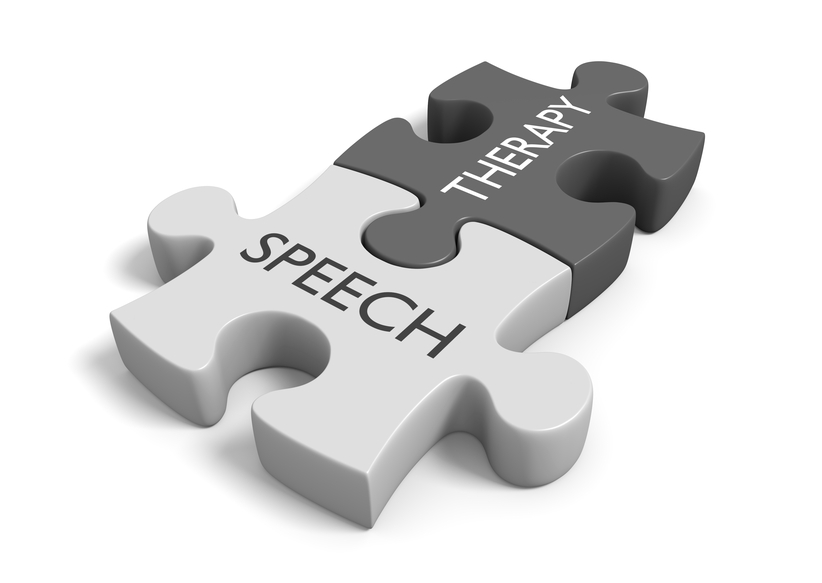New medical techniques have allowed survivors to recover more fully following a stroke, provided they get to a hospital quickly after noticing symptoms. Time is also of the essence when recovering from a loss of language and communication skills due to stroke, according to research published in the Cochrane Library June 1, 2016.
Nearly a third of people who suffer a stroke will show signs of aphasia, a loss of the ability to communicate through speech, oral comprehension, reading and/or writing. Studies have found that intense speech and language therapy (SLT) appears to help patients better regain their language use in daily life and reduce the severity of aphasia than those with a less intensive schedule.
Although some stoke survivors will regain their communication skills within a few months, up to 60 per cent still have impairments in language for a longer period of time, referred to as chronic aphasia.
Traditionally stroke survivors who suffer aphasia will receive two hours a week of SLT for up to a year but newer research is challenging this approach. Short, intense therapy sessions have been shown to significantly improve outcomes for patients. In studies, three hours of language training for 10 days using speech rather than gestures to communicate resulted in an 85 per cent improvement. Additional training and support from family and friends allowed for further improvement that was sustained for six months.
The drawback to intensive SLT is an increase dropout rate from participants who withdrew from treatment. The demands on inpatient medical facilities can also be a barrier to the feasibility of increasing intensity of treatment for aphasia. However, adding Constraint Induced Language Therapy (CILT) has been found to offer positive results when given in the early stages of recovery.
To learn more about aphasia and tips for better communication with people with the condition visit The American Speech-Language Hearing Association website at: http://www.asha.org/public/speech/disorders/Aphasia/ .






Add Your Voice
0 Comments
Join the Discussion